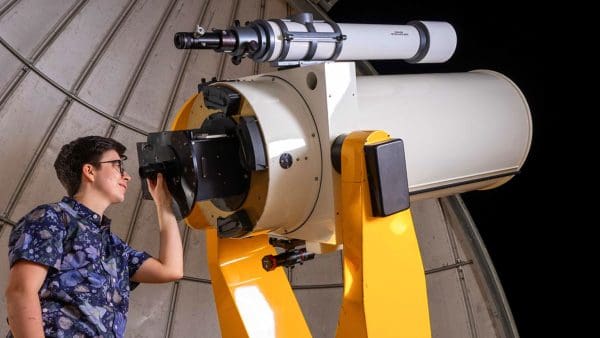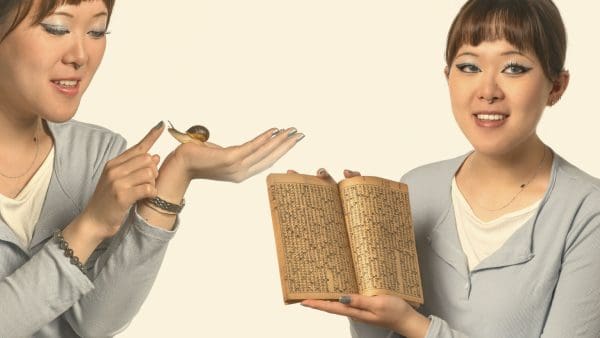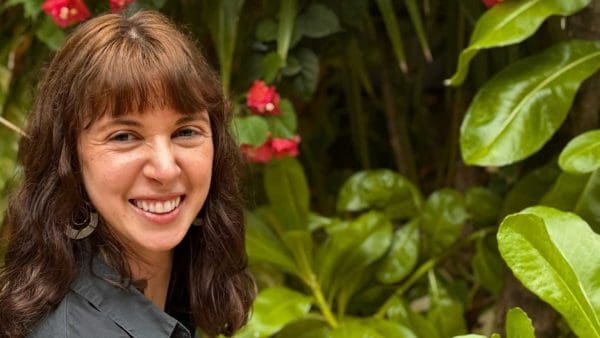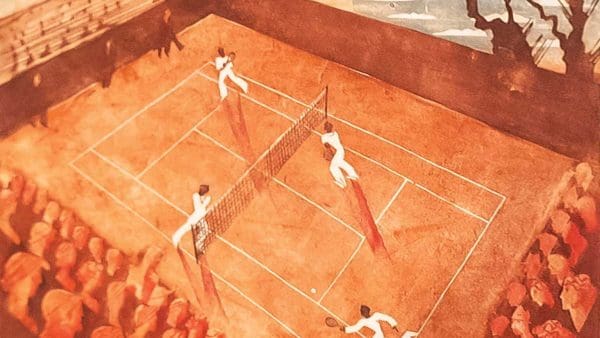
With the passage of the 19th Amendment a century ago, states were barred from denying voting rights based on sex. But it wasn’t easy. Decades of bruising battle preceded passage as those who wanted women in voting booths squared off against those who didn’t. And if you think all women were suffragettes, think again: Many women were among those stridently opposed to their sex participating in the political process. This certainly surprised first-year student Aarushi Krishnan, who’s been studying the period through a Sheridan Libraries Special Collections Fellowship. “It seems completely contradictory to what women should want—illogical,” she says.
Special Collections possesses an extensive assortment of ephemera—books, flyers, posters, and such—relating to the suffrage movement. Krishnan, double majoring in molecular and cellular biology and Writing Seminars, saw the fellowship as a chance to “research something completely outside of what I’m studying,” and plunged into the holdings. Upon discovering that women were among the anti-suffrage forces, she made their views and efforts a focus of her research, which will culminate in a paper with the current working title, “Suffering through Suffrage.”
Why did some women prefer to limit their own rights? Krishnan found that some were content with the gender lines and roles as they existed. “They were comfortable being homemakers and taking care of the men and felt they didn’t need the rights,” she says. “And there was the idea that they might lose something—femininity and tenderness.” But some educated women working outside the home were also in the anti-suffrage camp. “They felt that having the right to vote diminished their value and wouldn’t change their lives anyway,” Krishnan says.
Among the more interesting cases is that of Phoebe Couzins, one of the first woman lawyers in the country and a feminist trailblazer who switched from being pro- to anti-suffrage. Krishnan feels this switch had to do with burnout from the struggle and clashes with younger suffragettes. “I would compare it to how third-wave feminists came into conflict with traditional feminists,” she says.
Krishnan describes the fellowship’s opportunity to get up close with a little-known aspect of American history as “invaluable and captivating.” And there were other lessons as well, such as the value of taking a deep breath and earnestly trying to consider other political points of view—even anti-suffrage views. “I could never see myself siding with them, ever,” she says. “But I do better understand where they’re coming from now.”




